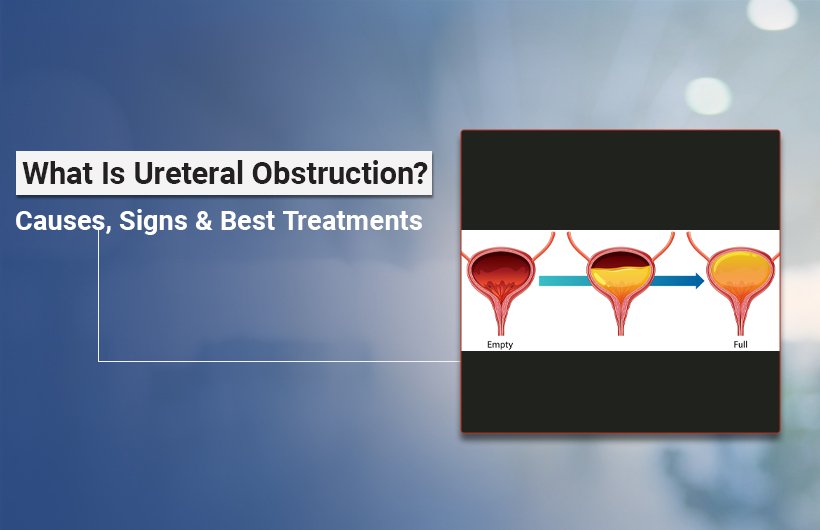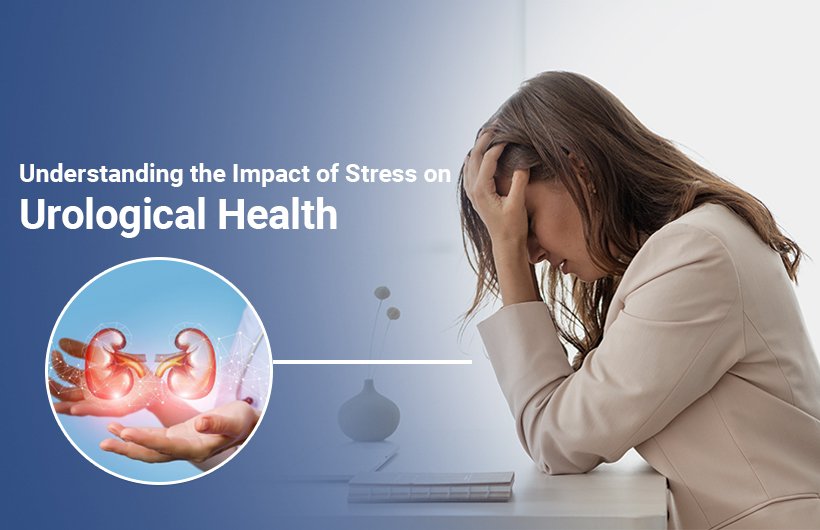Hormones act as the body’s chemical messengers, influencing everything from growth and metabolism to mood and sexual well-being. However, their role in urological health is often underestimated. Hormonal fluctuations or imbalances can directly affect the urinary system, including the bladder and prostate, as well as overall urological function.
This guide explores how hormonal changes impact urological health, the warning signs to watch for, and when it’s important to consult a urologist in Ahmedabad.
Table of Contents
The Link Between Hormones and Urological Health
Hormones play a crucial role in regulating both the reproductive and urinary systems. Even slight imbalances can affect:
- Bladder control and urinary function
- Kidney health and overall bodily functions
- Sexual health and performance
- Prostate health
- Pelvic floor muscle strength
The reproductive and urinary systems are closely connected, structurally and hormonally. Balanced hormone levels allow muscles, nerves, and organs to coordinate effectively, supporting smooth urination and sexual health in both men and women.
Key Hormones That Influence Urinary Health
1) Testosterone
Primarily a male sex hormone, testosterone is essential for:
- Maintaining prostate health
- Strengthening muscles that control urination
- Supporting sexual function
Low testosterone can lead to weakened bladder muscles, urinary leakage, and erectile dysfunction.
2) Estrogen
Although more prominent in women, estrogen also plays a role in men. In women, it supports the strength and elasticity of pelvic tissues. Post-menopause, estrogen decline can result in urinary urgency, leakage, and recurrent urinary tract infections (UTIs).
3) Progesterone
Progesterone helps relax smooth muscles, influencing bladder control. Hormonal shifts during menstruation or pregnancy can temporarily alter urinary patterns.
4) Antidiuretic Hormone (ADH)
ADH regulates water balance in the kidneys. Imbalances can lead to excessive urination, water retention, or reduced urine output.
5) Parathyroid Hormone (PTH)
While PTH primarily regulates calcium, abnormal levels can increase the risk of kidney stones.
Common Hormone-Related Urological Problems
Hormonal fluctuations—whether due to age, stress, or medical conditions—can cause urinary and reproductive issues, including:
- Overactive Bladder (OAB): Often linked to low estrogen in women or low testosterone in men; leads to frequent urination and urgency.
- Urinary Incontinence: Reduced hormone levels weaken pelvic muscles; common after menopause or prostate surgery.
- Prostate Enlargement (BPH): Hormonal imbalances affect testosterone and estrogen balance, causing slow urine flow and incomplete emptying.
- Erectile Dysfunction (ED): Low testosterone can decrease libido and sexual performance.
- Recurrent UTIs: Estrogen deficiency can thin urinary tract lining, increasing infection risk.
Hormonal Imbalance Symptoms to Watch
Seek medical attention if you experience:
- Frequent urination, especially at night
- Sudden urges to urinate
- Weak urine flow or difficulty starting urination
- Pain or burning sensation while urinating
- Unexplained pelvic or lower back pain
- Reduced sexual desire or performance
How Life Stages Affect Hormonal and Urological Health
- Adolescence: Hormonal surges may temporarily affect bladder and sexual function.
- Pregnancy: Increased progesterone and pressure on the bladder can cause frequent urination.
- Menopause: Estrogen decline impacts bladder and urethral tissues, causing dryness, irritation, and incontinence.
- Andropause (Male Menopause): Testosterone gradually declines after age 40, affecting urinary control, prostate size, and sexual health.
Diagnosing Hormone-Related Urological Issues
A urologist in Ahmedabad, such as Dr. Dushyant Pawar, typically uses:
- Medical History & Symptom Review: Assessing severity, triggers, and duration of symptoms
- Hormone Blood Tests: Measuring testosterone, estrogen, thyroid, and other hormones
- Urine Analysis: Detecting infections or kidney issues
- Ultrasound & Imaging: Evaluating bladder, kidney, and prostate health
- Urodynamic Testing: Checking bladder function and urine flow
Conclusion
Hormones play a crucial role in supporting bladder, prostate, and sexual health. Neglecting hormonal symptoms can result in long-term complications and reduced quality of life. Understanding the importance of regular urological check-ups ensures timely diagnosis and effective treatment. Consulting a qualified urologist in Ahmedabad can help prevent serious issues, maintain hormonal balance, and restore overall urological well-being.





